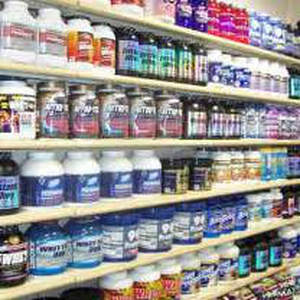making sense of supplements
Today there is a bewildering array of supplements available. The question is which one is right for you? And which ones are a waste of your money - or may even have a negative impact on your health? Here we describe some of the benefits of commonly used supplements. But always remember that you are a unique individual and have unique needs.One of the easiest and quickest ways to find out what is right for you is by using kinesiological muscle-testing.
Fish Oils – contain Omega 3 fatty acids, which are now less available to us in our diet. Omega 3 deficiency is increasingly common. Omega 3's promote anti-inflammatory prostaglandins. They make the cell wall more flexible – allowing waste to be more easily excreted while nutrients can get into the cell more easily. They promote a healthy heart and circulation partly due to their anti-clotting properties. They also tend to lower blood pressure. Also help brain / memory function –“Fish for brains”!! Often useful in asthma, eczema and psoriasis.
Vitamin C – In body fluids and cells. Boosts the immune system. Not made in the body. Probably the most researched of vitamins. Sir Linus Pauling received his Nobel prize for research into the benefits of vitamin C. As we are living in a more toxic society (pollution, pesticides etc) we can benefit from the free-radical scavenging properties of additional vitamin C.
Vitamin E – also anti-oxidant. Found in the cell wall. Research shows that taking 400 units a day decreases the risk of heart attack by 60%.
Multivitamin-mineral – better than taking supplements in isolation since vitamins and minerals work synergistically.
Garlic – antibacterial, antiviral, antifungal. Thins the blood. Anti-cancer. Stabilises heart rhythm. Good topically for Athletes Foot. Recent Scandinavian research shows that 2G / day reduces heart attack risk by 60%.
Calcium-Magnesium for healthy bones and good muscle function. The magnesium is as important as the calcium.
Zinc – Boosts immune system. Helps maintain a healthy reproductive system. Useful with prostate problems.
Monosaccharrides Responsible for the communication system of cells, and for cell to cell recognition. Useful in a wide range of disease states but also for improving general health (endorsed by the US, Canadian, Australian and British Olympic governing bodies). Research has shown them to help in ME, ADHD, and arthritis. Rather like the Microsoft programme that runs your computer – they are needed to make everything else work properly.
Are you taking the right supplements? Or are you wasting your money? Muscle-testing will help you make the right choices. Click here to make an appointment or for more information.
